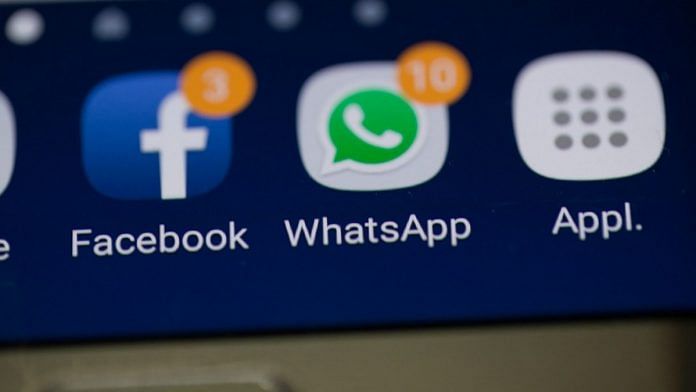New Delhi: India pledged to uphold the 2021 United Nations resolution on human rights on the Internet but imposed 19 restrictions since, according to a study by cybersecurity company, Surfshark. It found that India has “broken its word” the most, with 19 disruptions since the resolution in 2021. If the study included Jammu & Kashmir, the number would be even higher, it said.
Over the last five years, at least 44 governments have imposed Internet blackouts over their citizens. On average, it is 16 countries each year.
By comparing countries’ stances with data from Surfshark’s Internet Shutdown Tracker, the company was able to identify 14 countries that claimed to support the resolution but later “broke their word” by imposing internet restrictions.
The 2021 UN Human Rights Council (HRC) Resolution focuses on the promotion, protection, and enjoyment of human rights on the Internet.
The countries that supported the 2021 UN resolution but “broke their word” were India, Sudan, Cuba, Uzbekistan, Burkina Faso, Pakistan, Russia, Brazil, Armenia, Indonesia, Mauritania, Nigeria, Somalia, and Ukraine. The Internet Shutdown Tracker reveals that there were a total of 58 Internet disruptions in these 14 countries during or after the adoption of the resolution.
Sudan holds the second-highest number of restrictions that took place after the country supported the 2021 resolution, the first one happening amid the 2021 military coup. Nigeria and Ukraine had ongoing restrictions when they pledged to the resolution but have had no new restrictions since then. Nigeria had banned Twitter a month before the adoption, and the restriction lasted until January 2022. As for Ukraine, it blocked popular Russian apps back in 2017 as part of sanctions in response to the annexation of Crimea, which is still in place.
“The UN resolution on human rights on the internet aims to make countries openly condemn these shutdowns and other ways of restricting online speech. However, it’s concerning that even though 14 countries publicly supported the resolution, they still imposed internet restrictions. It’s important to promote an open and accessible internet and pressure countries to uphold their commitments regarding human rights online”, said Gabriele Racaityte-Krasauske, Surfshark spokeswoman in a press release.



